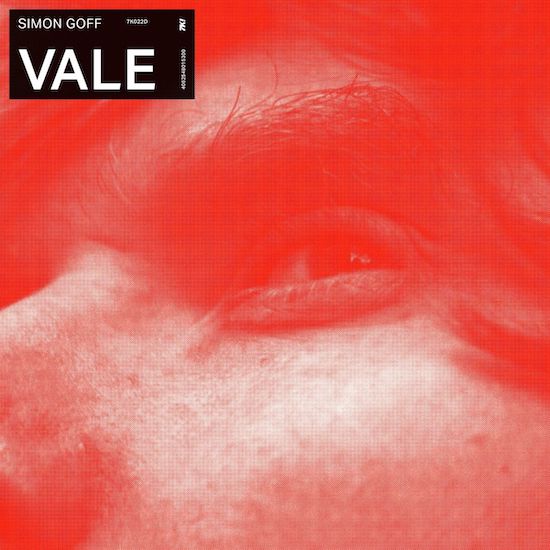Exploring the doomy communitas of lockdown via song is one thing. Feature-length takes on the purgatorial plight of post-Brexit Britain is quite another. It’s a conceptual minefield that few artists could navigate without resorting to the dreaded over-reach. For English violinist and composer Simon Goff, any such doubt is cast out from the get-go on his debut solo album, Vale.
Since trading North Yorkshire for Berlin a few months shy of the 2016 EU referendum, Goff’s métier as a serial collaborator has grown by the year. Having been swiftly adopted by the city’s illustrious post-classical music community, he has worked alongside the likes of the late Jóhann Jóhannsson, Dustin O’Halloran, and Hildur Guðnadóttir on the soundtracks for Joker and HBO series Chernobyl, the former of which won the best soundtrack award at the Oscars and elsewhere.
Light-years from the numb production line of Hollywood, Goff’s first album, Vale, is a wordless tale of wanderlust in reverse, and a widescreen tribute to a terrain that will forever go unspoiled by kneejerk referenda. For Goff, rather than distance himself from his native land, honing in on what makes it immune to futile statecraft proved crucial. “I felt ashamed of Brexit, but I did not want to feel ashamed of being British,” he said in a recent interview. “So I chose to look back to the UK for inspiration regarding the names and the overall artistic direction.”
Zooming out before gently panning past, Goff’s deft arrangements filter formative memories attached to Vale of York and its sprawling vista of barley fields, hedgerows, and pine woodland. From the first tremulous surge and backwashed textures of its title track, he strikes an elusive sweet spot between acoustic and electronic worlds, both organic and subtly treated. Not least on the balmy phantasm of ‘Murmur’ and highlight, ‘A Process in the Weather of the Heart,’ sepia-hued visions of sweeping pastoral scenes urge to the fore. We may not know the details but Sutton Bank – where Goff once learnt to drive – and the cliff edge overlooking Lake Gormire – where he would often ruminate – imprint themselves here.
In less capable hands, the overarching sentiment of Vale could have veered into maudlin territory. For Simon Goff, it’s a statement of both awe and intent. As faint, analogue wisps wane on closer ‘Sleeping Winds,’ it’s remarkable that the album marks his debut outing on his own terms. Considering recent successes, even more so. Yet it speaks powerfully to the idea of everything in its own time. Having recently scored On a Clear Day You Can See the Revolution from Here, Ben Evans James and Emma Charles’ film examining the fault lines between nation-building and myth-making, Vale plays like one installment in a drive to help reclaim the nuance of national identity from the contemptible handhold of nationalism.


